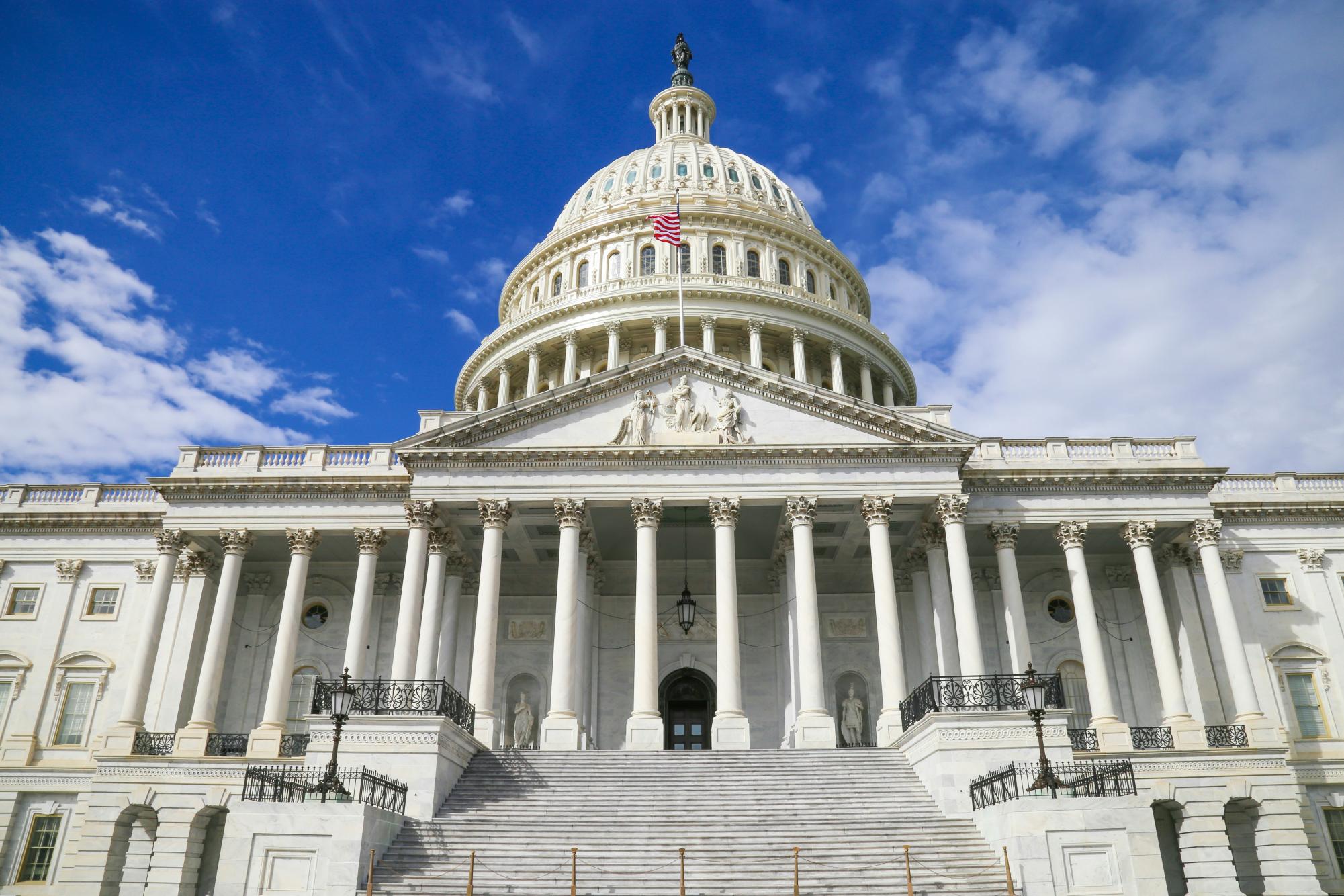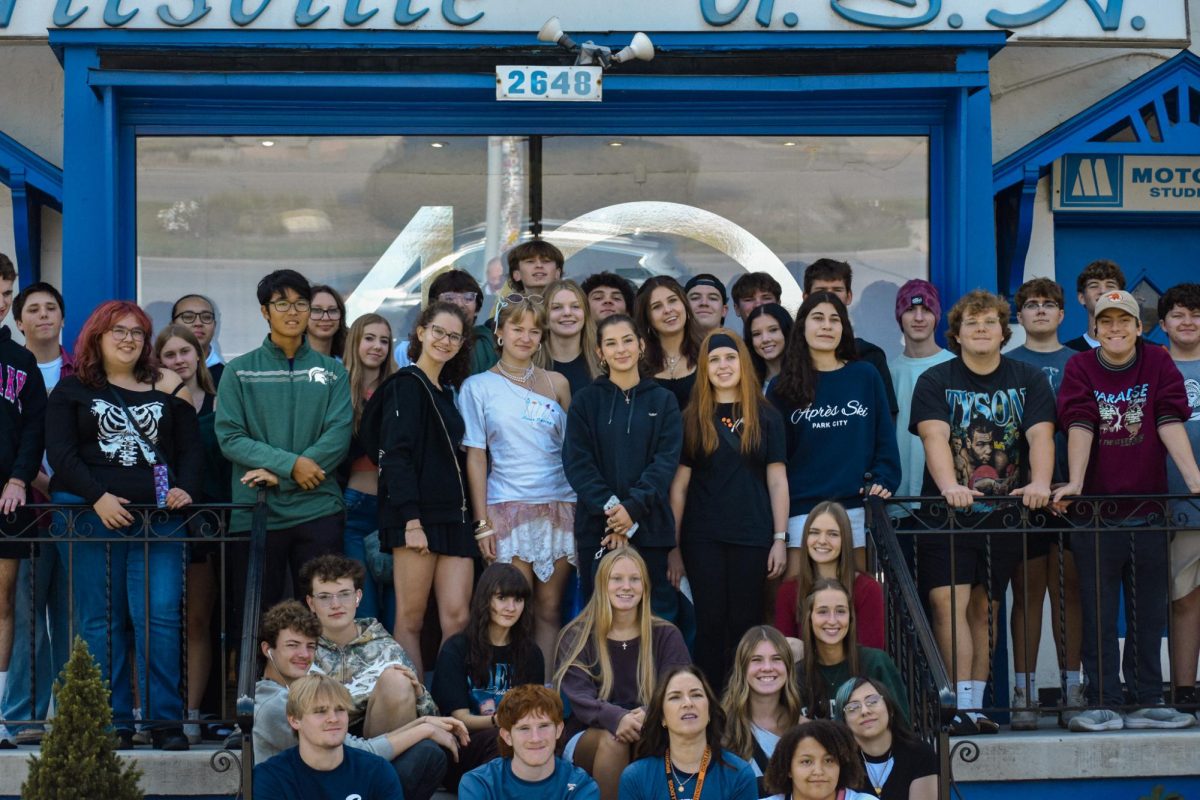There are three certainties in life: death, taxes and political shenanigans.
When the clock struck midnight on October 1, 2025, the United States government officially entered its first shutdown since 2018. Congress, which had to pass a funding bill to keep the government running, was unable to come to a consensus on key appropriations. While some critical services are still functioning, such as law enforcement, others have ceased to operate .
This begs the question: could Brighton High School feel the impacts?
On a fiscal level, dramatic effects are unlikely. While many have been concerned about the suspension of food assistance programs in schools, according to Mr. Ryan Garrison, a social studies teacher at BHS with extensive political knowledge, “Brighton will probably not feel the impact that heavily.”
This is in large part due to Michigan’s pre-existing commitment to providing students with free school lunch. While some states have free lunch programs that are limited and directly tied to federal funds, the Michigan state budget, which was newly approved early this October, has guaranteed schools state funding to provide every student with a free lunch. This avoids any direct ties to federal funding and operations, allowing the program to continue even in the shutdown.
“Our budget and what we handle on a day to day day-to-day basis is more concerned with what’s going on [in] Lansing,” Garrison said.
This is not to say the state is immune, however. For example, farmers across the nation who rely on federal government subsidies are currently going without that financial support; within just the first week of the shutdown, the agricultural industry had already lost out on $2 billion from Washington, D.C. While a rebound is likely for a short-term interruption, a longer break in aid combined with uncertainties about later reimbursements could present supply reductions that will impact every state in the country. In addition, while a majority of Michigan’s state budget is funded by taxes and other similar revenue streams, there is still an expectation that the federal government will supply some funding for operation costs. The state can only run off of its savings and pre-existing budget for so long, meaning the status of programs like school lunches, which are currently in good standing, could sour as time goes on.
“If it goes on for [another month], I think it could have greater impacts,” Garrison said.
There is a silver lining, however. According to Mr. Scott Matousek, another social studies teacher at BHS, there were no apparent local impacts during the 2018 government closure. This is notable given the record 35-day duration of that specific shutdown. If things were stable for that long, hopes are high that a crisis can be averted again, especially as the shutdown continues and a quick agreement seems less likely.
While the United States may be entering uncharted territory, the bottom line is that school lunches and other local programs that students and civilians in Brighton rely on will likely be spared from any dramatic impacts, at least for the immediate future. Perhaps the real concern stemming from this event will ultimately be what it does to the division that this country is already going through. The populous can only hope that cooler heads will prevail and that unity and peaceful debate can take root once again.
As Garrison said, “It’s going to take compromise.”













